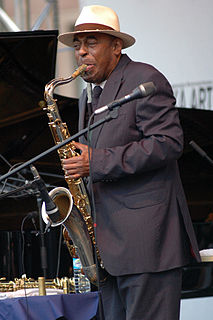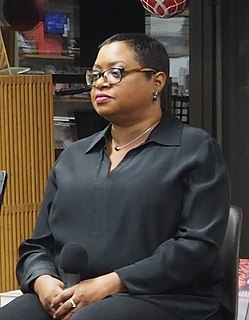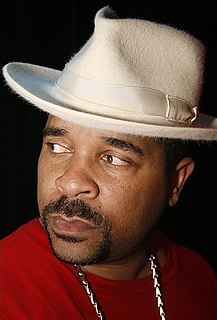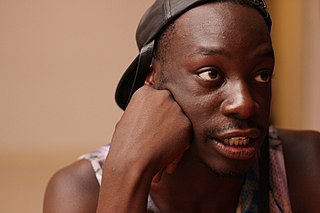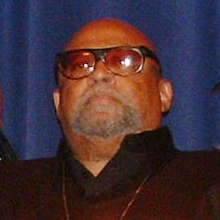A Quote by Jeff Sessions
We were segregated throughout the community, and it was pretty brutal, actually. It didn't appear to be, on the surface.People got along and we had great relationships, but there was discrimination that impacted adversely the ability of the African-American community to progress. People did not - were in denial about that fact.
Related Quotes
In Palm Beach, Florida, tough community, a brilliant community, a wealthy community, probably the wealthiest community there is in the world, I opened a club, and really got great credit for it. No discrimination against African- Americans, against Muslims, against anybody. And it's a tremendously successful club. And I'm so glad I did it.
In the white community, the path to a more perfect union means acknowledging that what ails the African-American community does not just exist in the minds of black people; that the legacy of discrimination - and current incidents of discrimination, while less overt than in the past - are real and must be addressed.
You can expect to see a robust discussion and representation of those issues throughout the convention program. Not just from the nominee, but through other vehicles as well. Expect to see the African-American community, the Latino community, the LGBT community, and others represented on stage and in the substance of our policies throughout the week.
We know that there were so many Japanese American soldiers in World War II who were fighting in Europe despite the fact that their families, their parents were back home in American prison camps. It's savagely ironic that between themselves and the African-American soldiers, who were also segregated and didn't see the fruition of the work the culminated in the Civil Rights Act until the '60s, that these American heroes and their stories are not well known; and the fact that the 442nd/100th became the most decorated unit in U.S. history.
There was a resistance movement in the white community, and there was a determined civil rights movement by our neighbors and friends in the African-American community. They had right on their side. They conducted themselves in high standards, with courage and determination, and they were victorious. They overcame.
When I did 'Baby Got Back,' that was just a reflection of the African-American community. We've always liked curves, and a lot of people misunderstood it because let's face it: 20 years prior to 'Baby Got Back,' the only images you saw of a black woman on television were she was probably 300 pounds and cleaning the house with a rag on her head.
The scene at a certain time was definitely boys; those huge warehouses were kind of violent parties, even. I think people in your immediate community made a nightlife scene that actually did break down gender roles and were along different lines of identity that had to do with race and experience in the '90s, rather than gender.
In community after community, there are unemployment rates among young African-Americans of 30 to 40 percent. Thirty to 40 percent! Kids have no jobs, they have no future. That is an issue that has got to be dealt with simultaneously as we deal with police brutality, voter suppression and the other attacks that are taking place on the African-American community.
Though the rampant racial injustices throughout the criminal justice system were offensive to me and to millions of other people, I've never drawn a tight circle around the black community to define the limits of my moral concern. But that narrative tends to get imposed on you, if you're an African-American activist.
I'm grateful to see my work flourish in my lifetime. Many of the great people in our history were not able to see how much their work, suffering and sacrifices enriched our lives and pushed our struggle forward. But I've been blessed to see my work begin in a family home, spread around the world and be embraced by millions of African people throughout the world African community.
Similarly, the press never tested many of the assumptions about WMDs. One of the great myths about the WMD issue is that everybody believed Iraq had them. Well, that's not true. There were a number of people in the intelligence community and the State Department who were skeptical, and many analysts in the Department of Energy were dubious about Iraq's nuclear capability. There were also people like Scott Ritter who were saying quite accurately what was going on.



